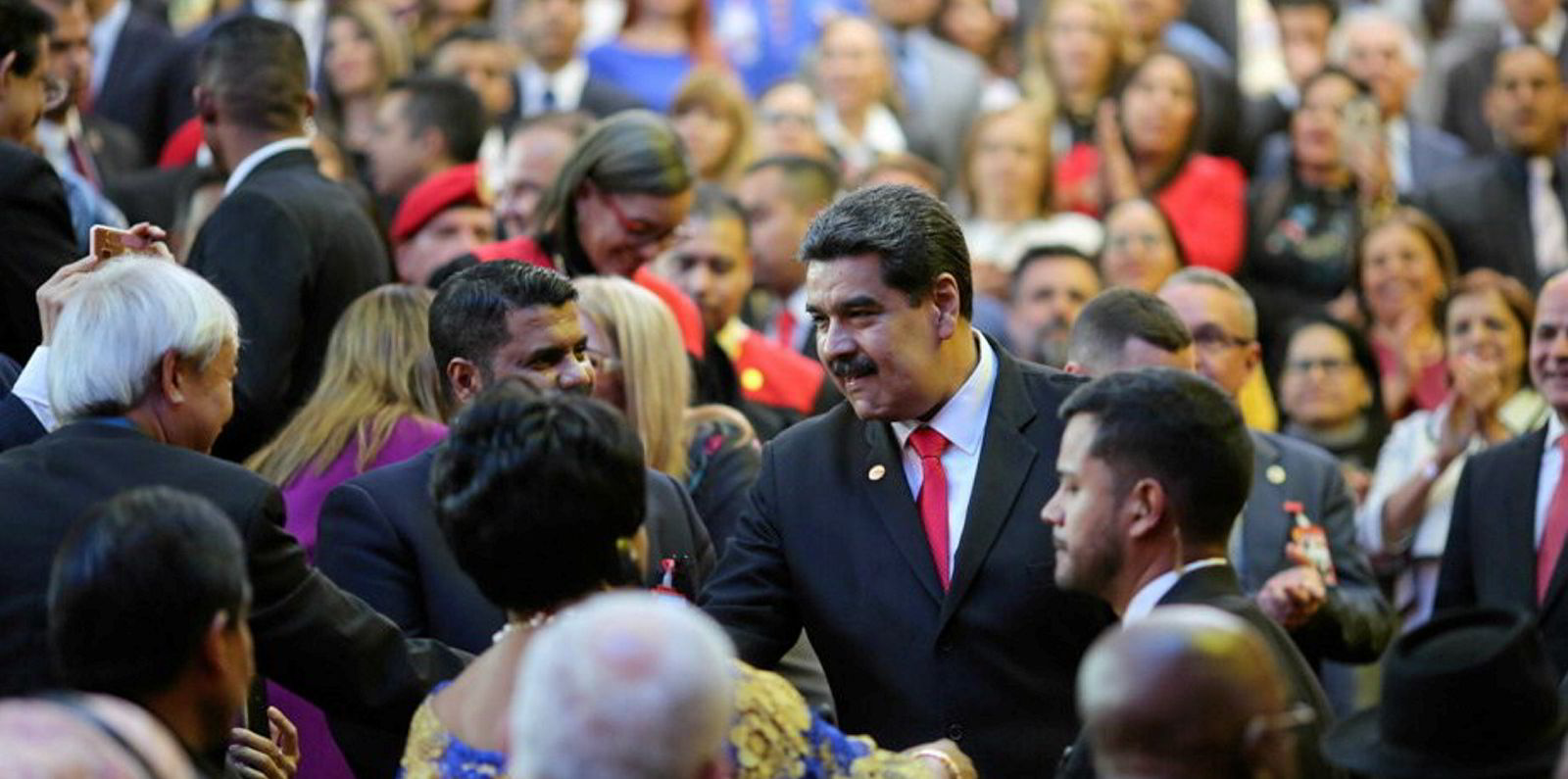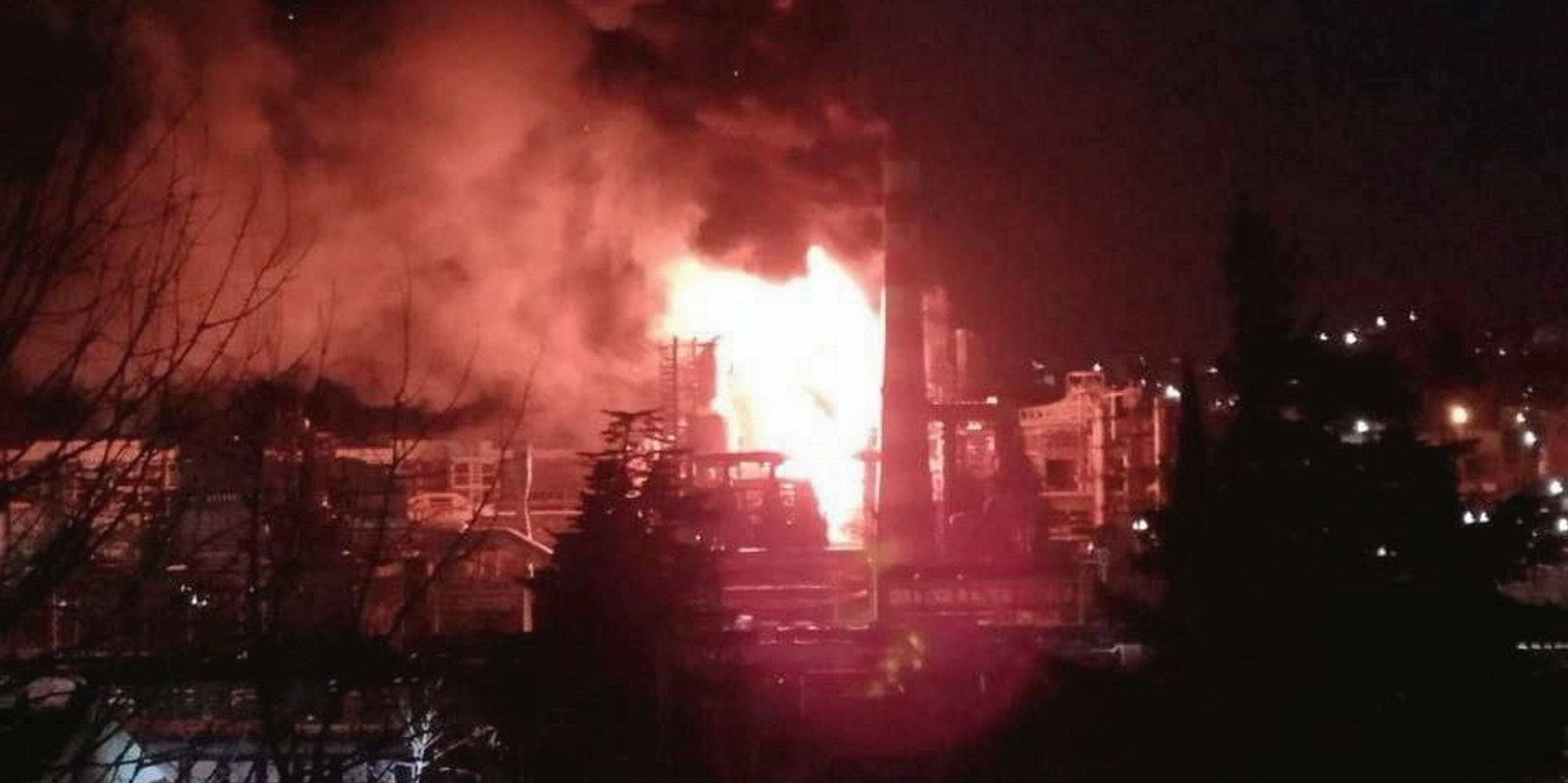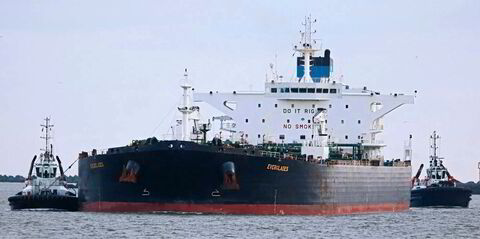The return of Venezuelan oil to the US blacklist is not projected to have much of an impact on tanker markets, BRS Group says.
Washington’s six-month grace period allowing state-run Petroleos de Venezuela SA (PDVSA) to sell its oil into mainstream international markets is due to end on 18 April after US officials judged that the country has not made adequate progress in ensuring free and fair elections.
But BRS Group said little additional Venezuelan oil was made available for export — roughly 100,000 barrels per day — and failed to move the tanker market significantly.
“Waiting times for VLCCs and suezmaxes off Venezuelan terminals have surged so far this year, with some tankers having waited for several months,” the shipbroker said, citing AXSMarine ship tracking data.
“It could be that PDVSA expected to be able to hike crude production by more than the actual 100,000 bpd and so cargoes did not materialise.
“However, in what could be a sign that the market is expecting sanctions to return, tracking data suggests that many of these previously waiting ships have recently left Venezuela empty, bound for other lifting zones.”
BRS Group said the Caribbean to US Gulf aframax route is expected to be hit harder by lower Mexican crude exports than by Venezuelan sanctions.
Regional product tankers would largely be unaffected, as the US has buyers across Latin America.
The broker said what would be affected would be the below-board trades, as Russia could become the primary source for Venezuelan product imports, which jumped to 80,000 bpd from 20,000 bpd in the six months of sanctions easing.
Further, PDVSA’s 19 tankers would shift into dark trading, boosting that fleet to 776 units.
This week, Reuters reported that the US State Department would not renew the initial licence, granted after Venezuelan President Nicolas Maduro’s regime came to agreements with opposition parties on elections.
The US accuses Venezuela of failing to live up to promises to continue making electoral reforms, including barring opposition candidate Maria Corina Machado from elections later this year.
Data from Kpler shows that Venezuelan oil exports hit a two-year high in March, but BRS Group said the country’s oil production largely fell flat.
It said years of underinvestment held production to just 900,000 bpd over the six-month grace period — well below the 2.5m bpd reached in 2015 and below the broker’s estimate of a 200,000 bpd increase.
Issues with equipment created production and export problems, it said, with reports of terminals being “plagued by oil leaks”.





